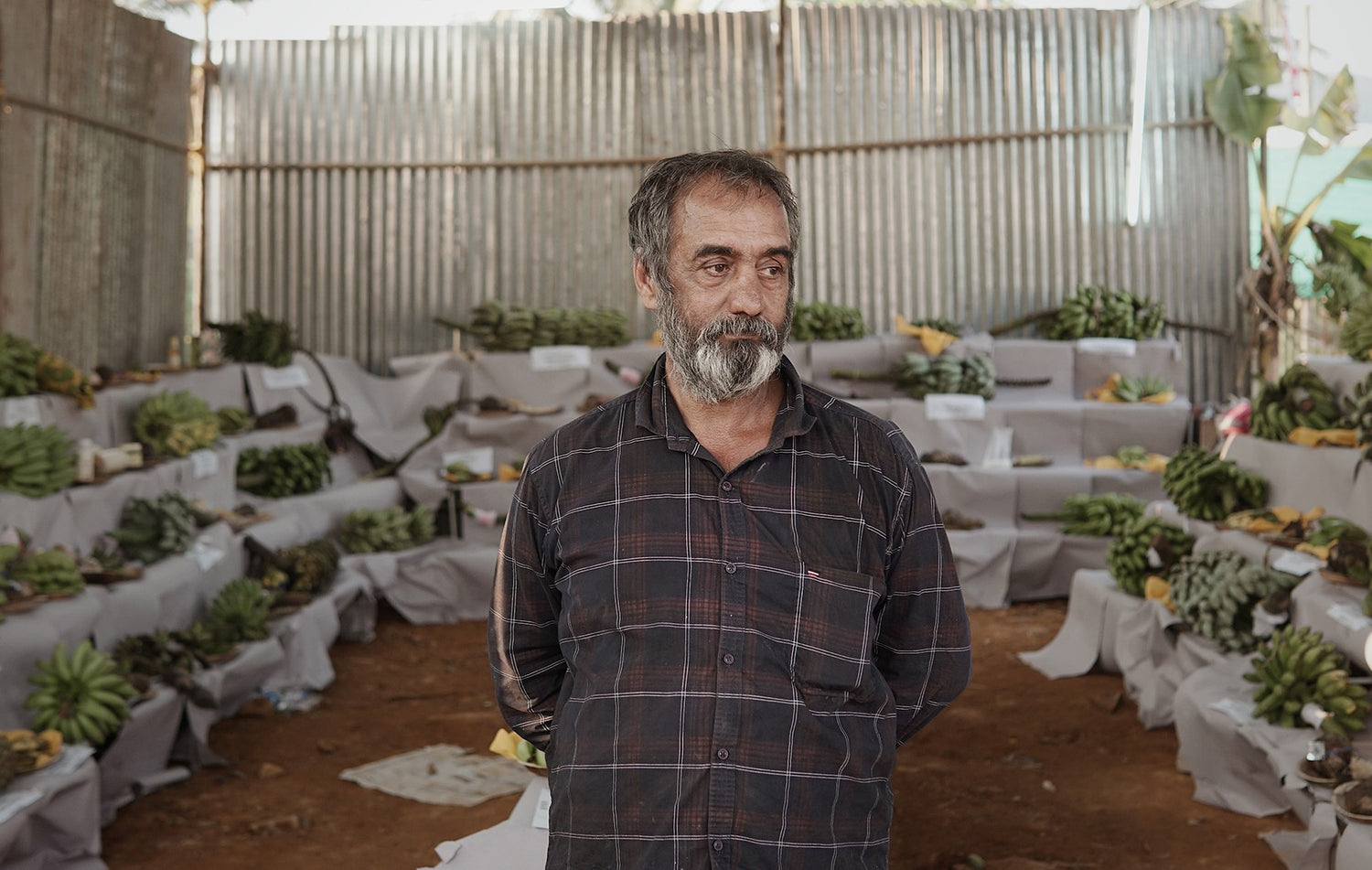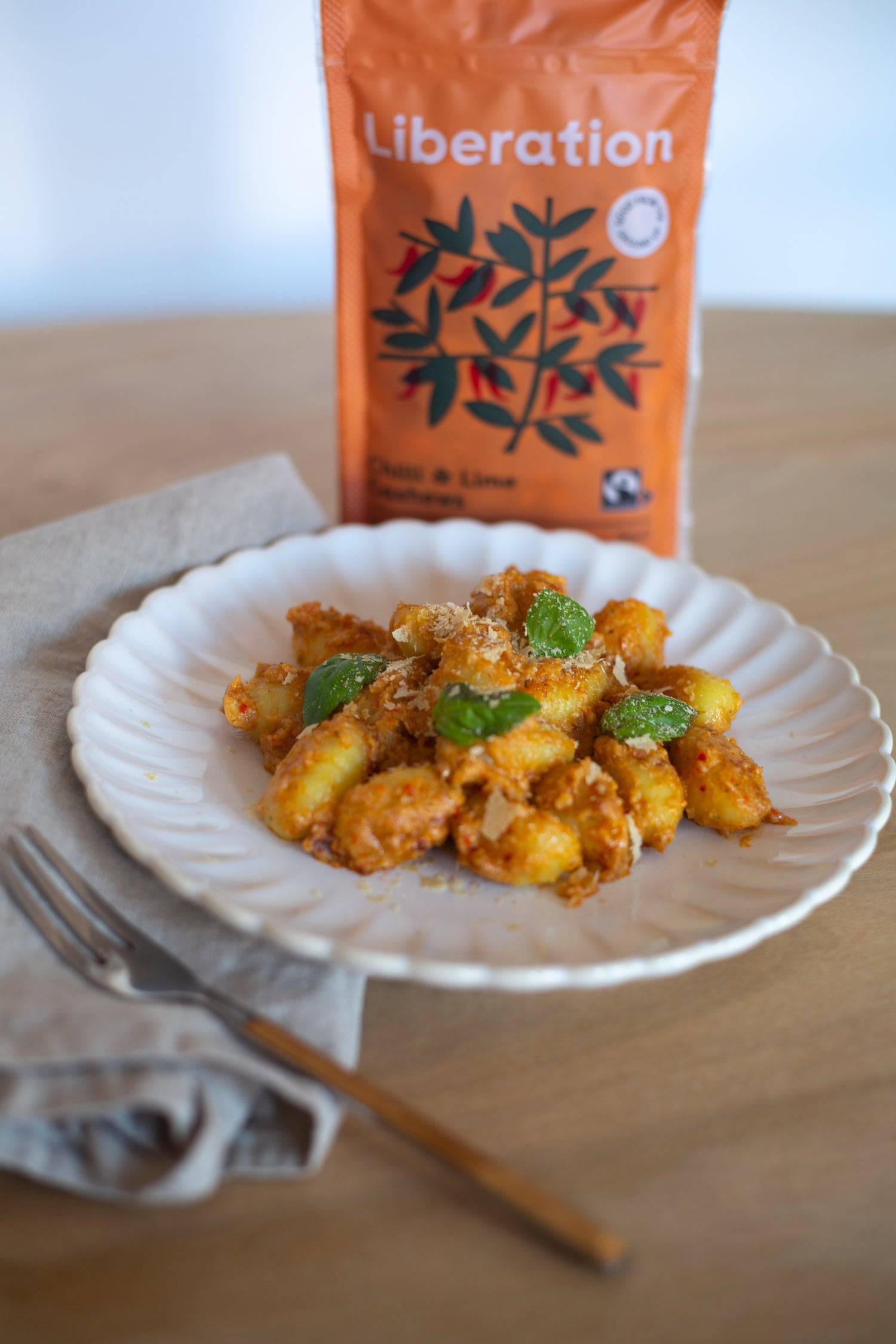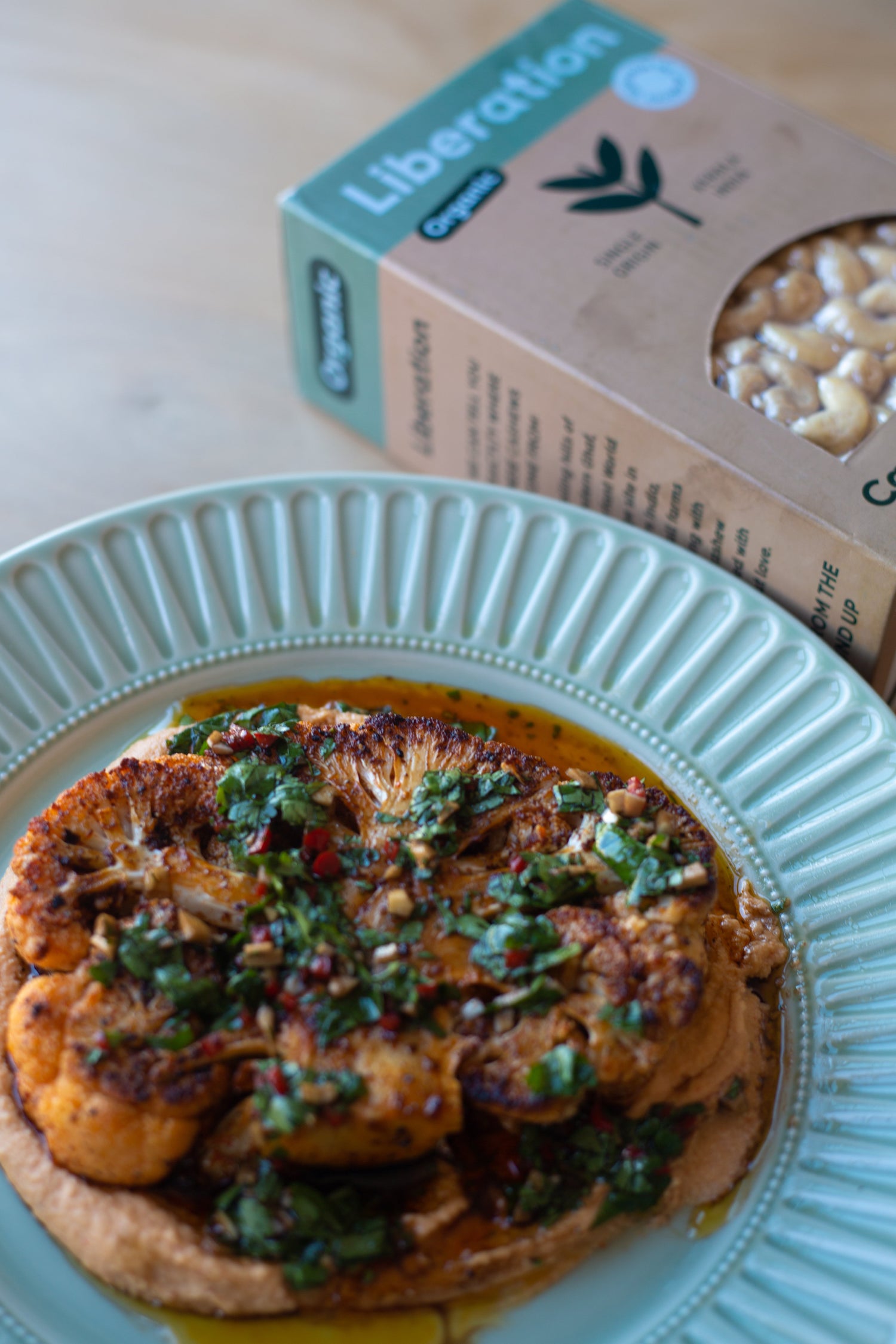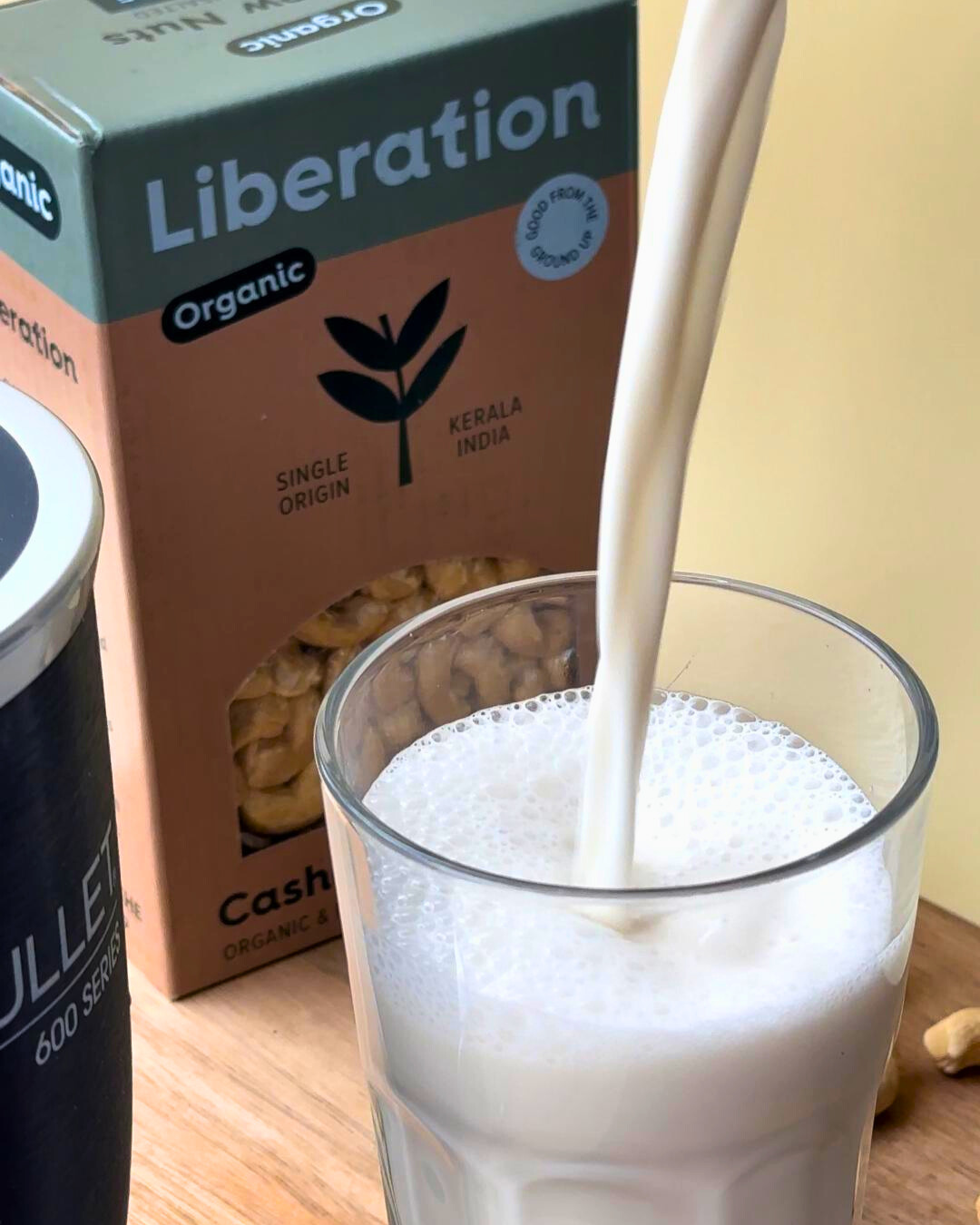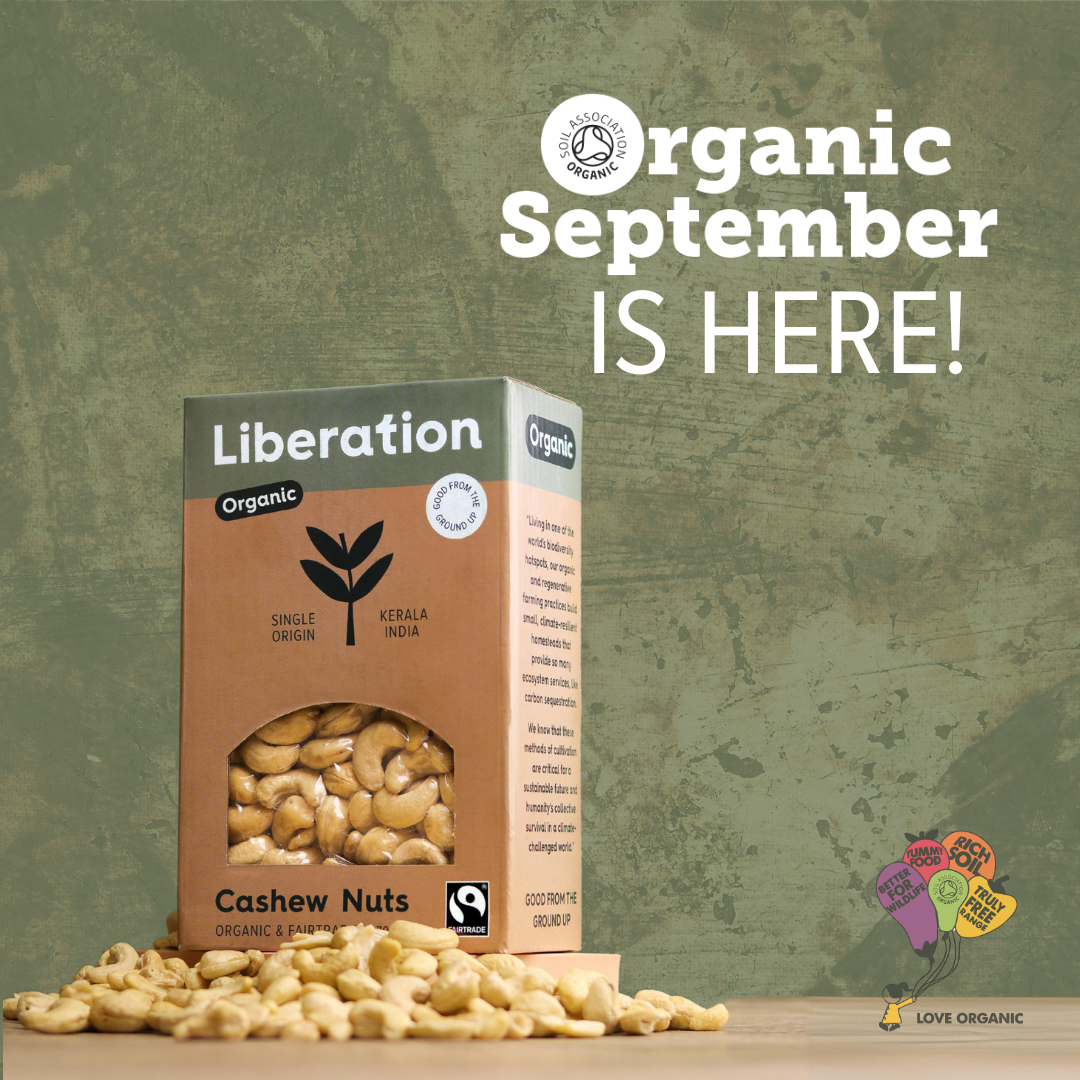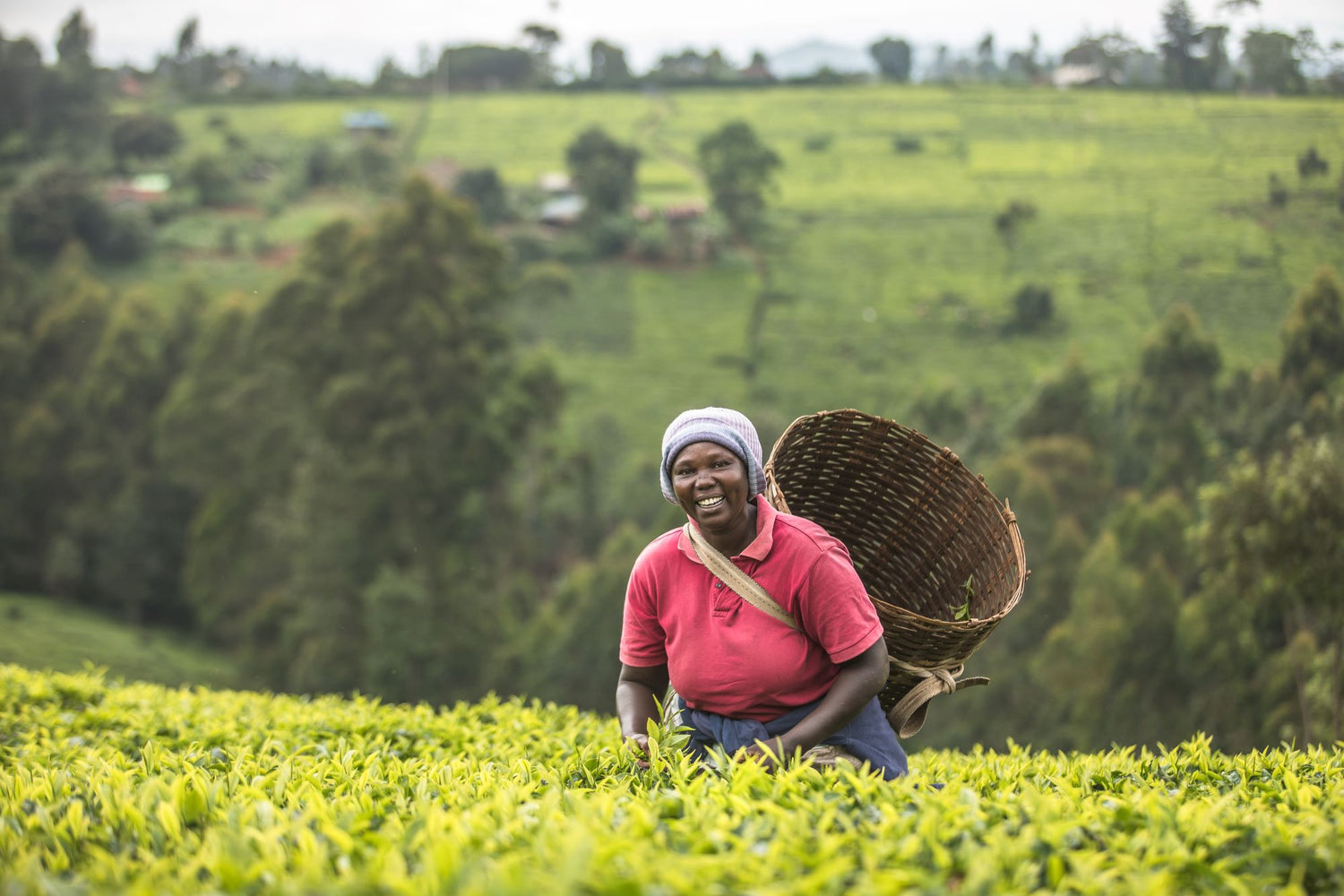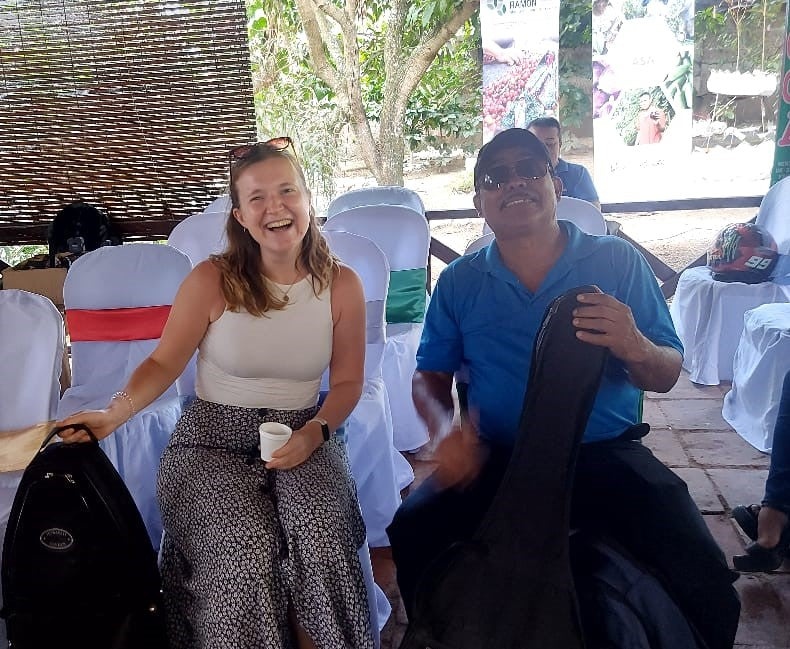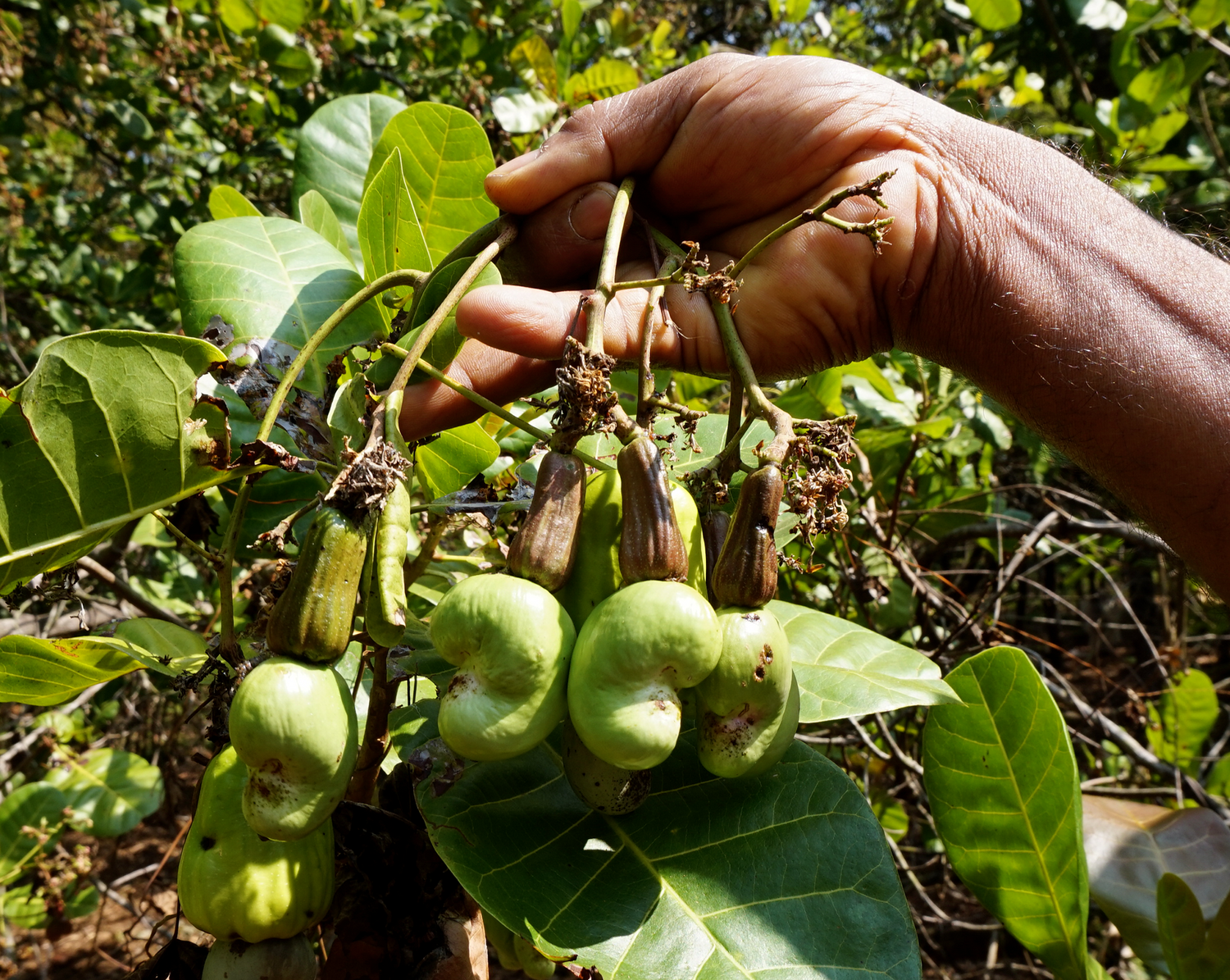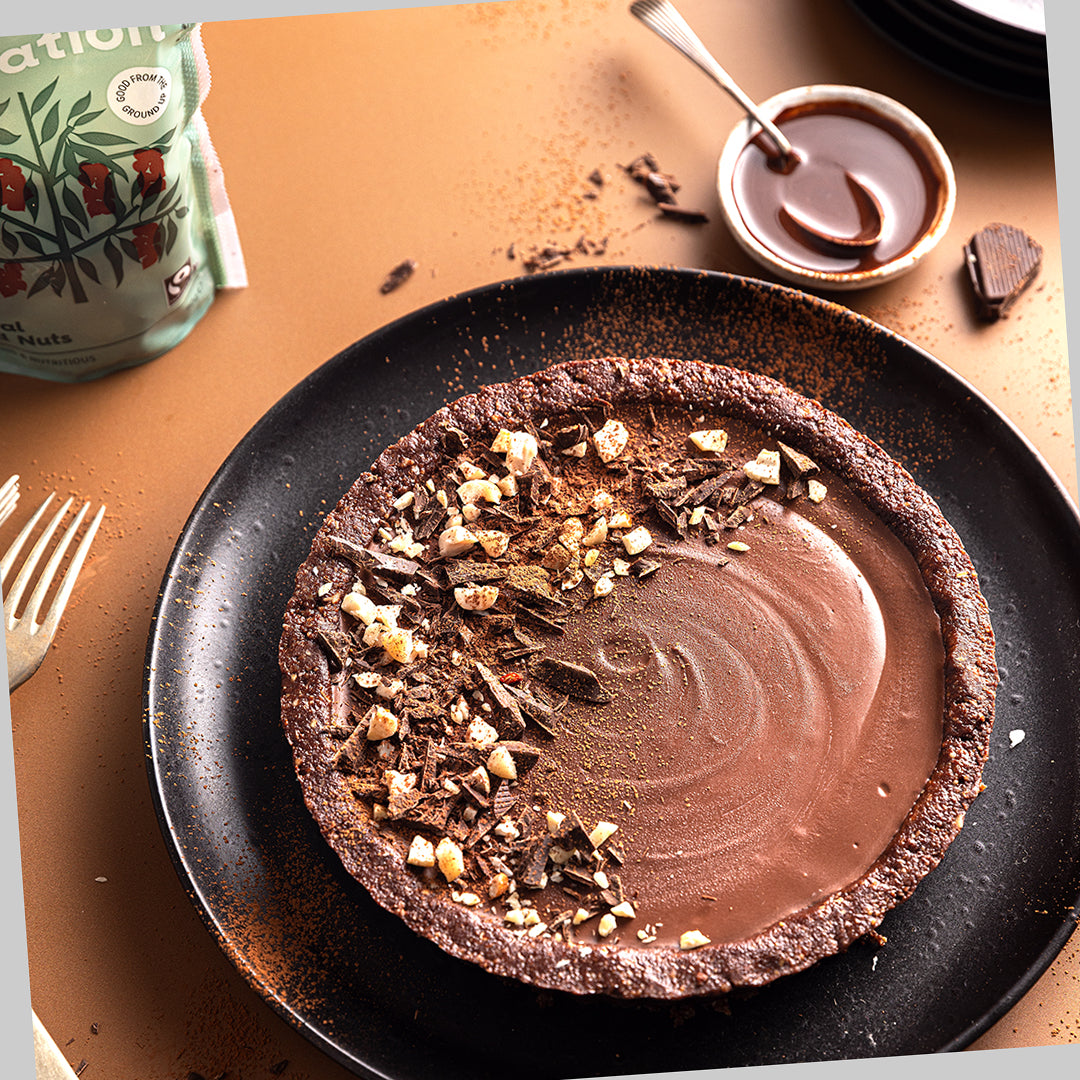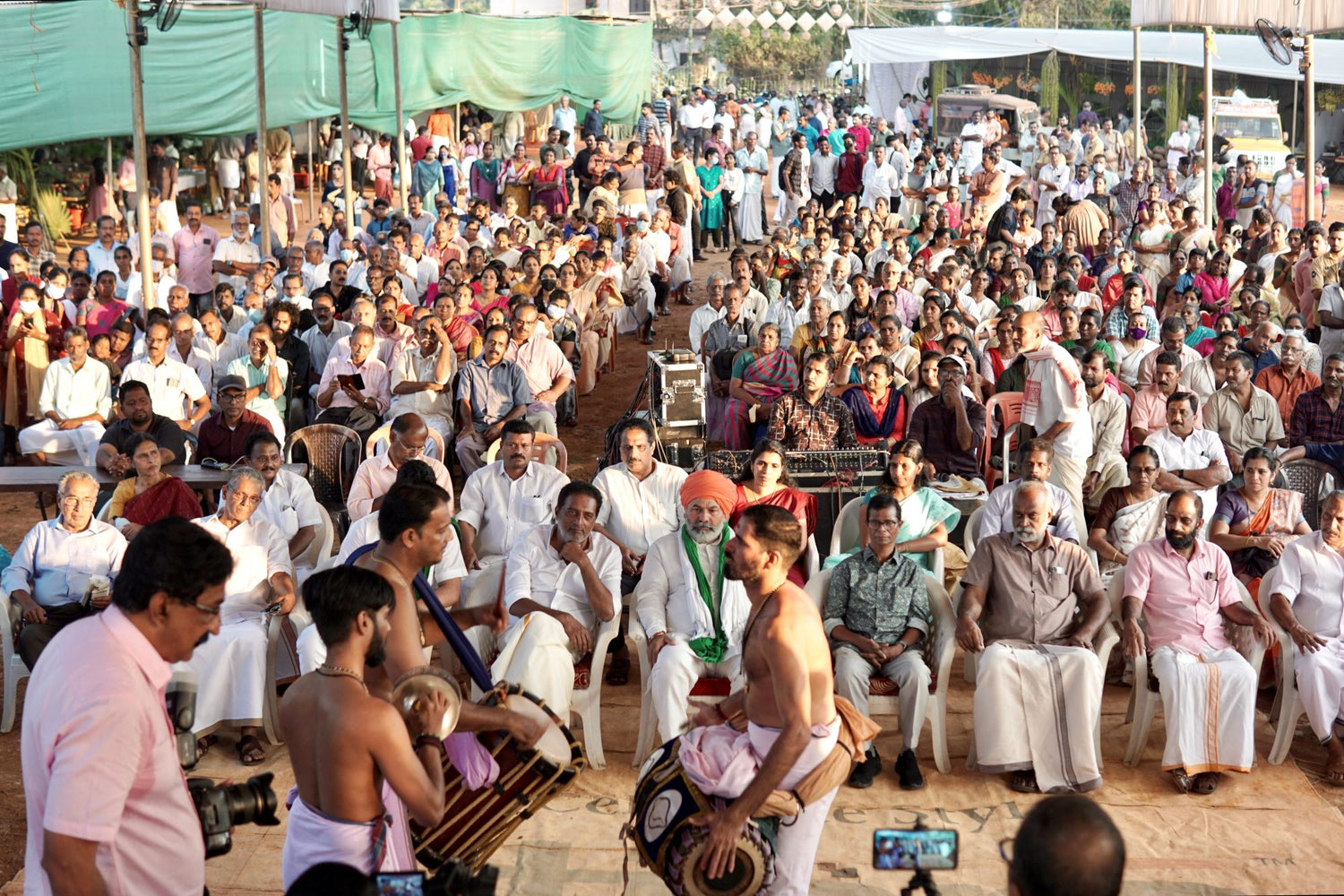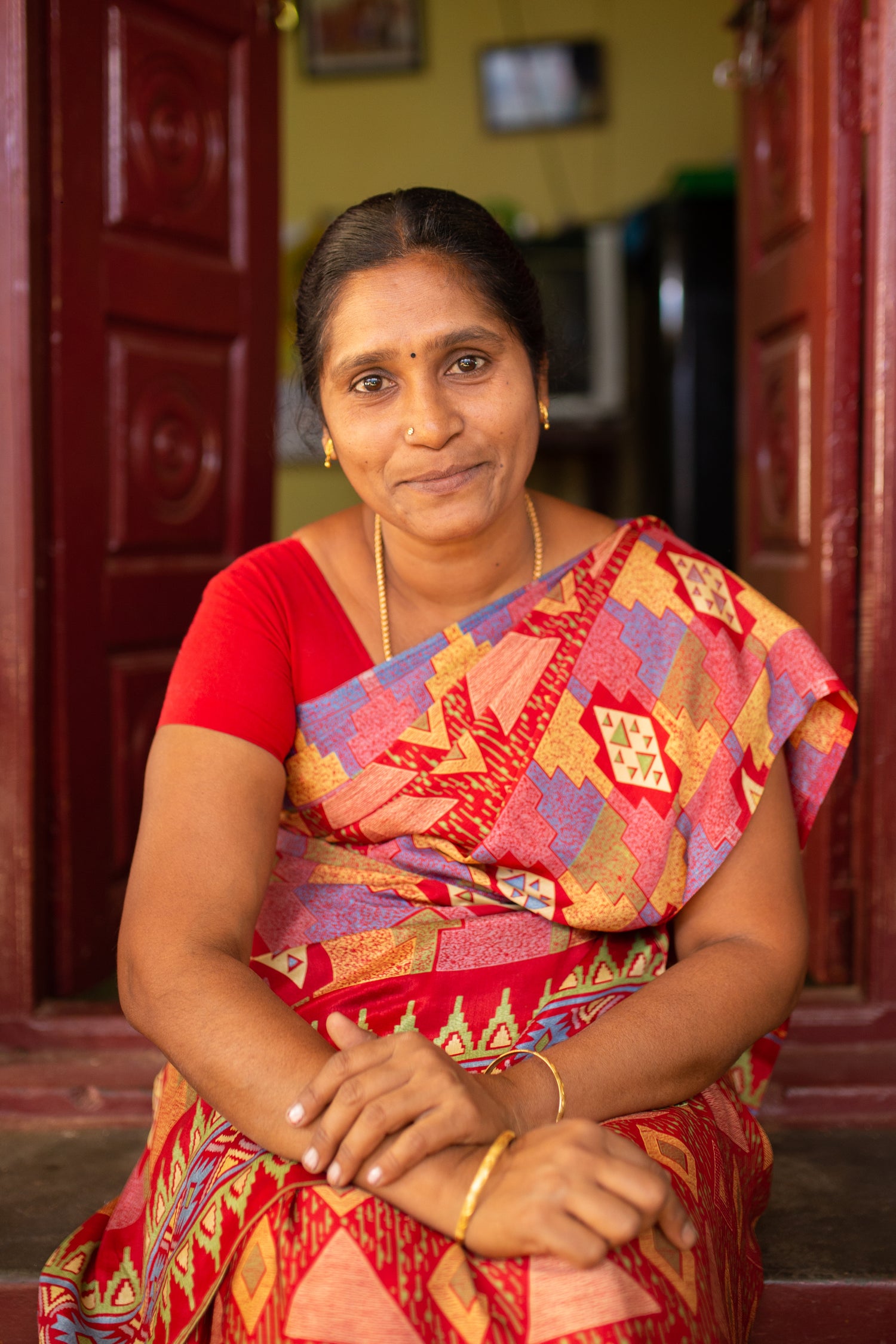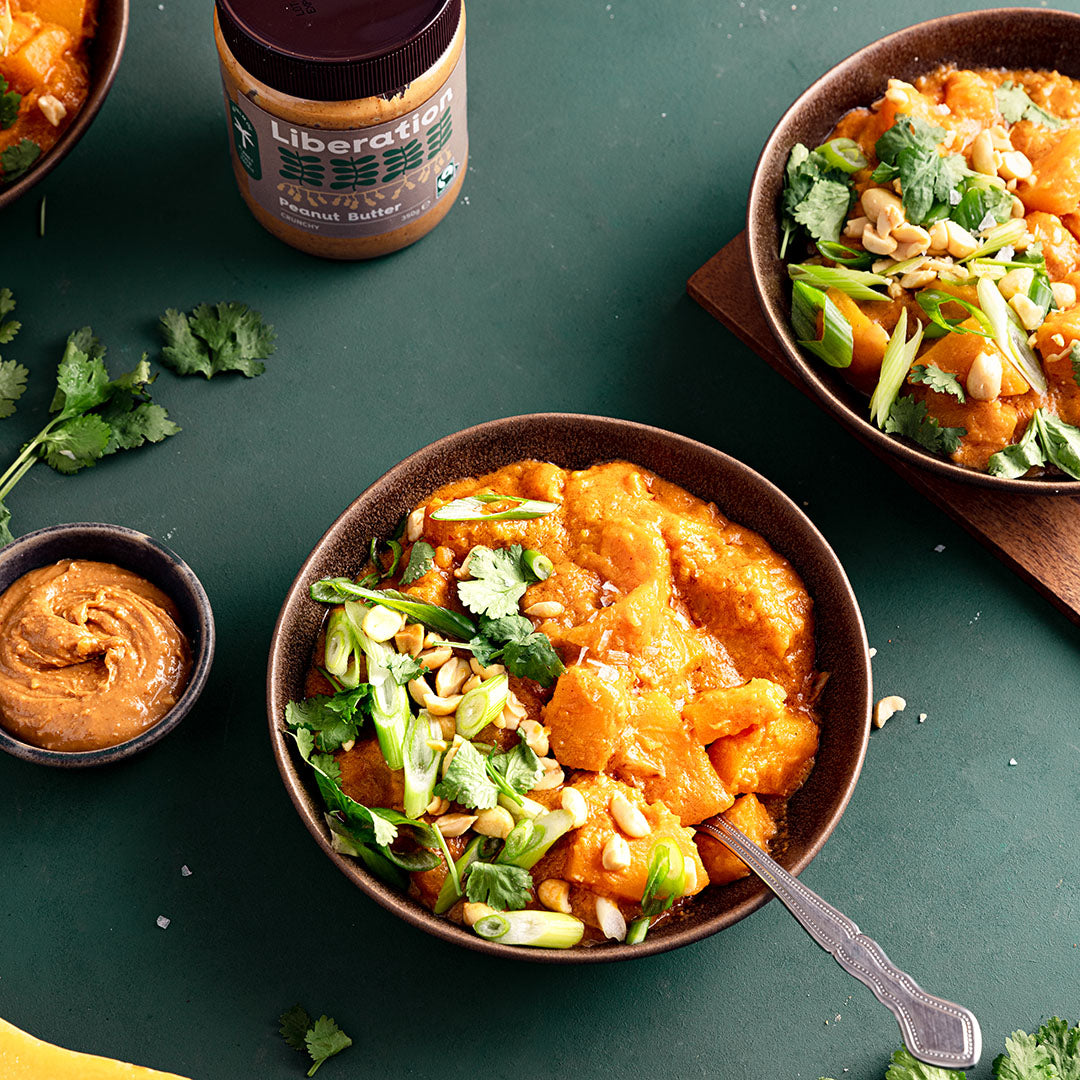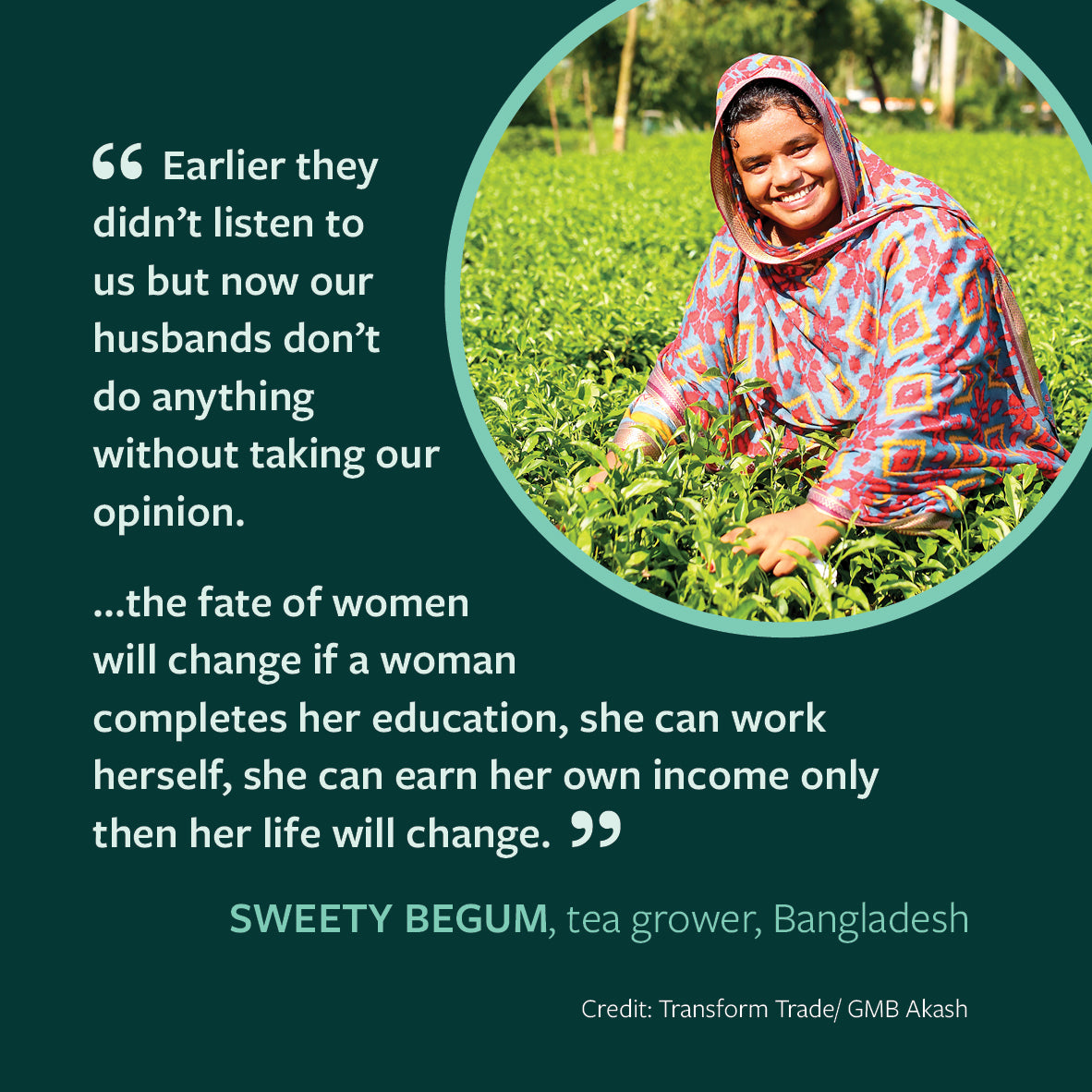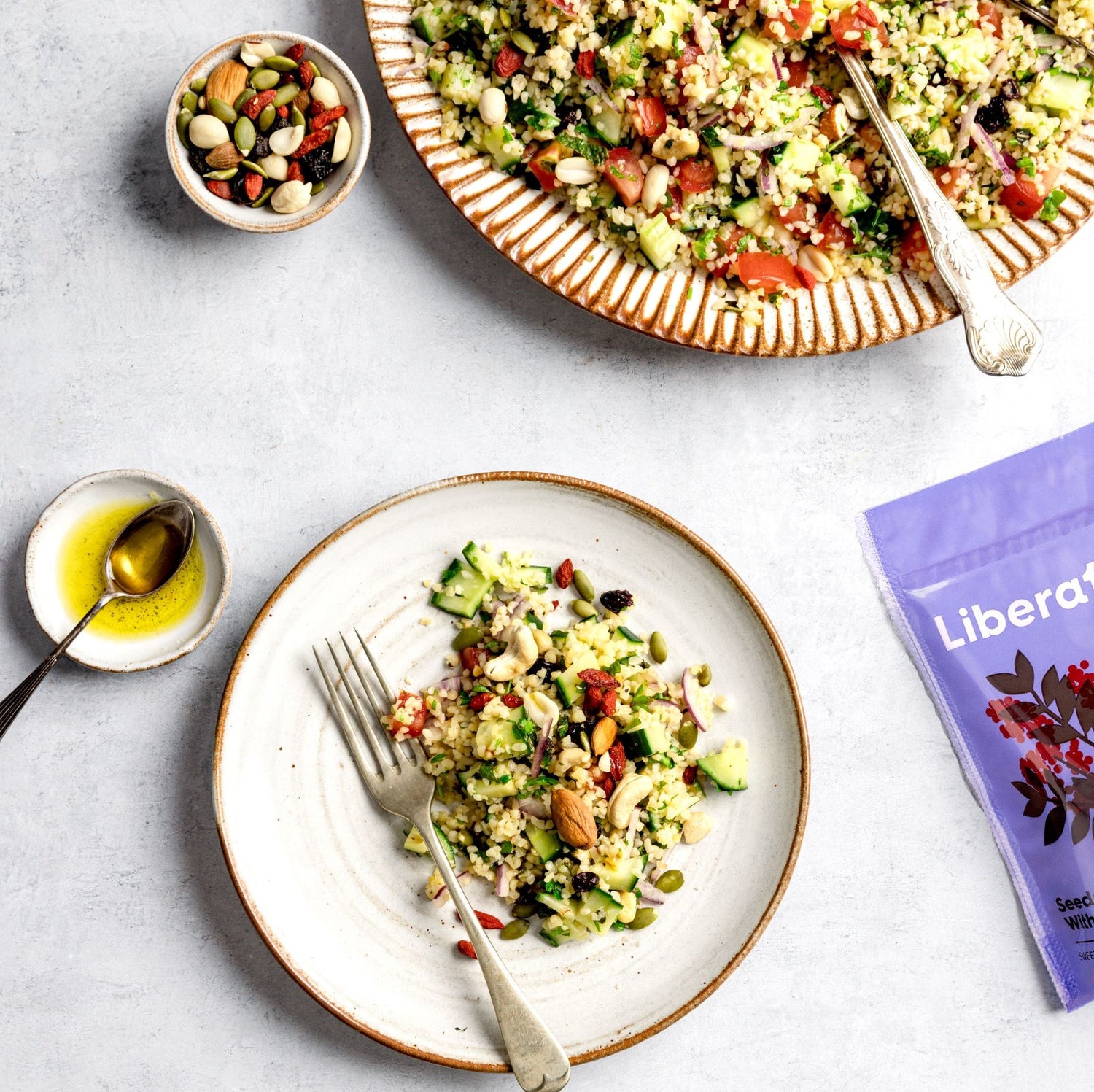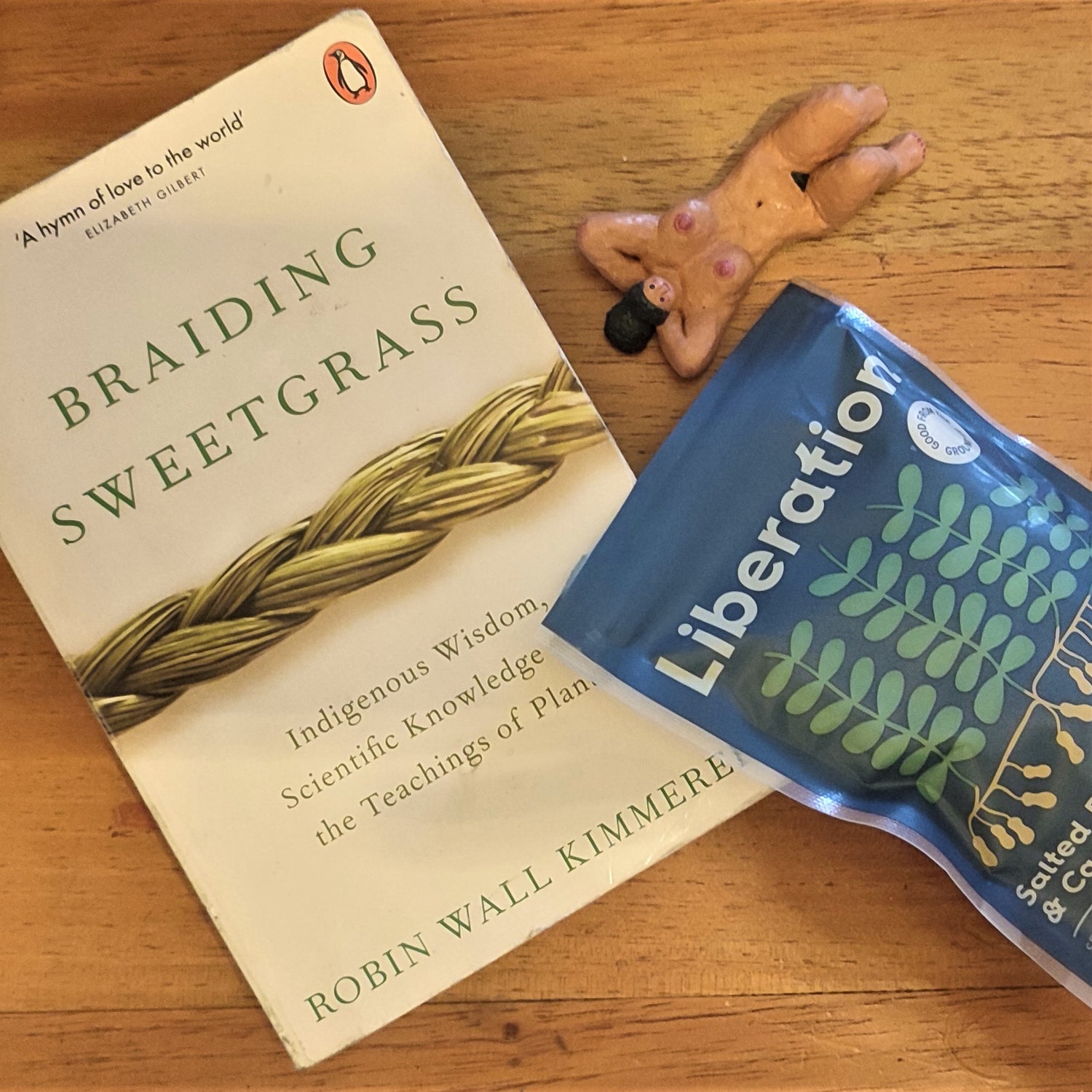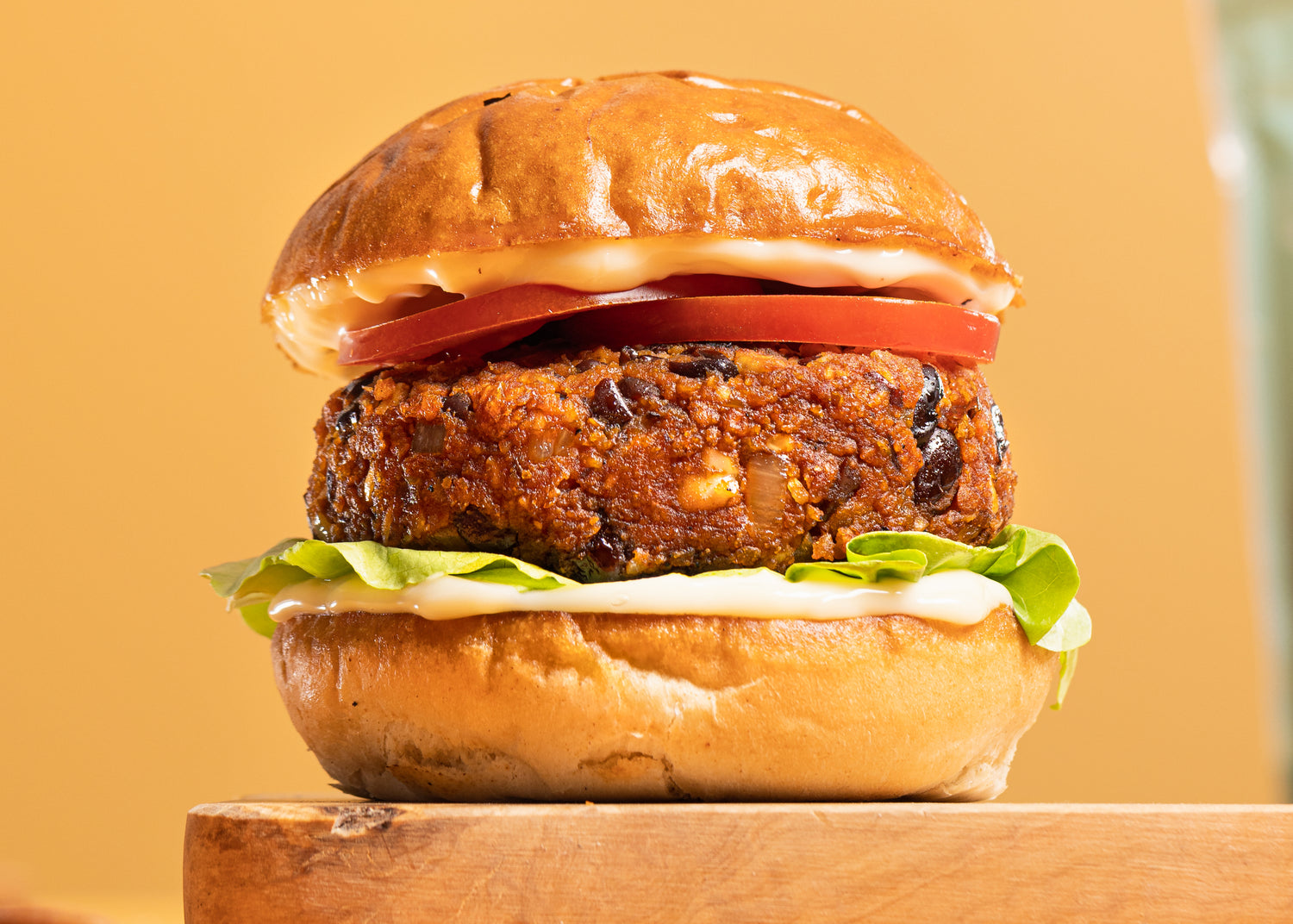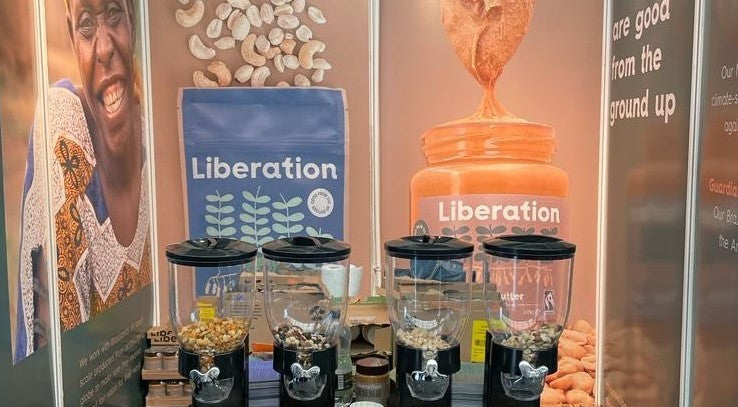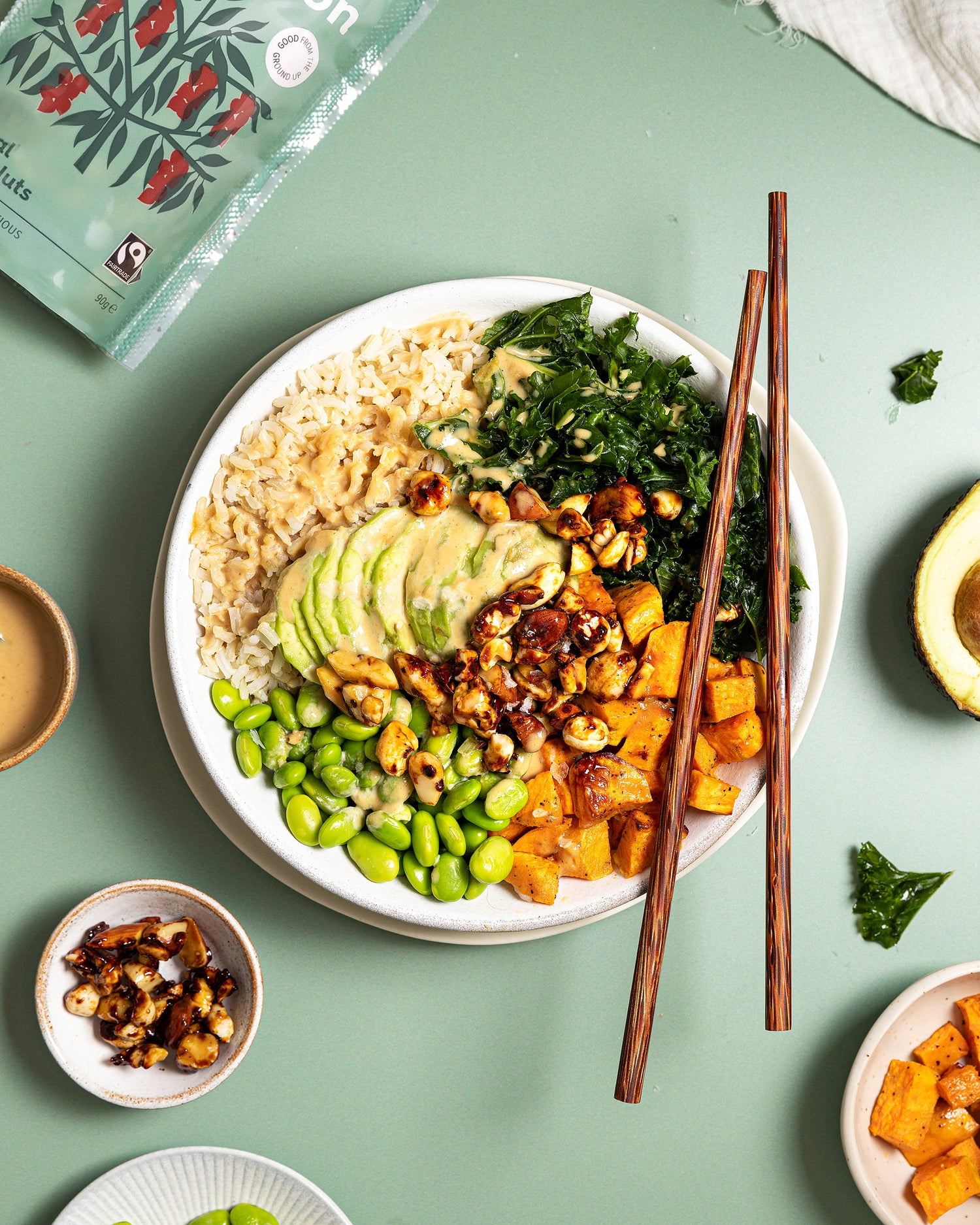The Future of Food is a BIG issue to tackle this Fairtrade Fortnight, and rightly so!
Not only are smallholder farmers - who account for about 84% of farms worldwide, - bearing the brunt of the harmful effects of climate change, but crop diversity has taken a huge nosedive in the past few decades, impacting biodiversity, soil health and autonomy for farmers within the market. 66% of crop production is made up of only 9 of the 6000 plant species cultivated for food, according to FAO.
Those are some BIG numbers to digest and some huge issues to tackle. Understandably, the future of food does sometimes feel like it’s under threat.
But SeedFest, a 5-day celebration for rural farming communities in Kerala, gives a moment of respite. Set up by Fair Trade Alliance Kerala (FTAK), our key trading partner for cashews, lead figure Tomy Vadakkancheril, explains the origins and evolution of the festival.
“It came from an urgency in conserving our seeds and has achieved the dimensions of a conservation movement, a significant place in the agrarian calendar across Kerala and Southern India.”
SeedFest has just completed its 10th year, with thousands of smallholder farming communities passing through. Offering a vision of an abundant, regenerative, respectful food system and an industry that places real value and admiration on the hard work and wisdom of its producers, this event is an aspiration for the future of food.
Here are just some reasons why:
CELEBRATING DIVERSITY -
Stalls line the festival site with specialist farmers bringing thousands of indigenous seed varieties, crop ranges and unusual cultivations to be marvelled at, exchanged, sold, and discussed. If the world’s food systems invested in variety like this there would be greater resilience, healthier earth and, let’s face it, a much more exciting dietary experience. Variety is the spice of life!
Within the mix of stall holders are:
Vinod Chetan (pictured): along with his son, Vinod has been cultivating bananas for years and has, within his modest farmland, over 500 types of weird and wonderful bananas from across the world. His son, who has taken up the mantle, talks with passion about continuing to expand their bountiful banana collection.
Manuel Pallikkamalil (pictured below): despite ongoing health problems, the proactive organic farmer arrived early to display just a small selection of the tuber and root vegetables he cultivates. Of his 70+ varieties, he has brought turmeric that turns blue inside, ginger that smells like mango and yams that grow from vines. With changing weather patterns and extreme temperature fluctuation, the tuber may have to replace dietary staples like cereals and rice, currently 2 of the 9 dominant global crops.
Tomy Ananda.P: founder of Ulavur Anand, a network of organic stores ‘powered by farmers’, his display of tantalising, colourful bags contain just a fragment of the 400+ indigenous seeds within this collection. He uses the seed bank to encourage local farmers into organic farming and seed production.
KNOWLEDGE SHARING –
Over the 5 days, the bustle of the festival reflects a space to exchange knowledge as well as seeds; from ancient wisdom passed from generation to generation to recent discoveries and technological advancements.
A man displays his collection of traditional farming equipment to a captive audience on one side of the site as a new app is launched on the other, to help connect these rural farming communities to market price fluctuations and a Gumtree-style trading platform.
Pressing issues are discussed from the main stage, giving a platform for all to voice concerns, offer insights and discuss solutions from how to protect farm animals from encroaching wildlife to how to keep younger generations proactive in the industry.
This is a space to share, listen and learn. It is an equal playing field where value is placed on those with lived experience of the agricultural world and the issues farmers are facing day-to-day.
CELEBRATION AND REFLECTION –
Festivities and fun are also key to the festival’s success. Art, music, theatre and movie stars pepper the line-up and draw in younger crowds, sub-consciously building connections between them and the world of farming.
But the difficulties of life as a farmer are not glossed over. The Martyr’s Wall represents the thousands of farmers that have taken their own lives due to mounting debts and unbearable pressures felt by members of the community. At 7pm each day, everyone gathers to light candles and remember those that have lost their lives.
Artist, C F John, who built the Martyr’s Wall along with the wider artistic concept, and has dedicated many years creating art out of the complexities, skills, beauty and challenges of rural farming life explains why these types of events are important:
“We need to honour people that nurture and preserve...to find beauty in things that connect and hold people and earth.”
SeedFest is just one illustration of the knowledge, skill, passion, and, dedication of smallholder farming communities that nurture sustainable food systems that feed us all.
If we are going to have a bountiful and secure future for our food, we must also place value on the work of smallholder producers.
And how can we do this? Well, as a start, by making the swap to Fairtrade-certified products...
(photo credit @AnshifPK)

